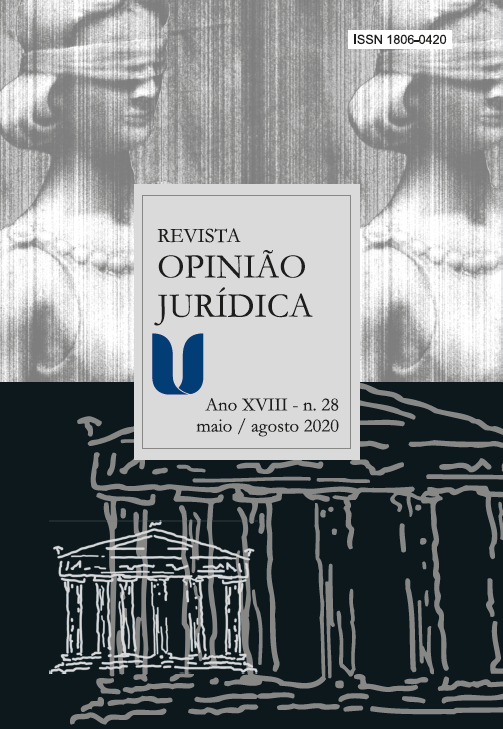Good faith and the precedent: bhasin v. hrynew and the canadian common law
DOI:
https://doi.org/10.12662/2447-6641oj.v18i28.p163-178.2020Keywords:
Good faith, Precedent, Common law, Distinguishing, Bhasin v HrynewAbstract
In Canadian common law**, good faith in contracts is limited to specific areas; there is no general obligation of good faith. In Bhasin v. Hrynew, the Supreme Court of Canada, sought to remedy this shortcoming by recognising, first, a general organising principle of good faith and, secondly, an obligation to act honestly in executing a contract. It left it to the lower courts to determine how the new principle would be applied. The Court used the common law methodology to break out of the narrow analytical limits of the common law and to broaden
the scope of good faith. However, this precedent did not have the desired effect. The limited definition of good faith given by the Supreme Court of Canada led the lower courts to reduce Bhasin v. Hrynew to a case only applicable to its particular facts. Faced with the indeterminacy of the principle and its scope, the courts of appeal distinguished Bhasin v. Hrynew using a range of techniques, among others, a recourse to the rules of the common law to limit its field of application instead of a recourse to the new decision to change the rules of the common law. The Uniform Commercial Code and the Civil Code of Quebec, to which the Court referred to justify the introduction of the general organising principle in the common law provided a roadmap, which the lower courts did not adopt, for its development.
Published
How to Cite
Issue
Section
License
CESSION OF COPYRIGHTS
The submission of articles to analysis for publication on Opinião Jurídica implies the author(s) transfers copyrights to Centro Universitário Christus – UNICHRISTUS for reproduction, publicizing, distribution, printing and publication, according to the Publication Norm 414R, Opin. Jur., Fortaleza, year 12, n. 16, p.1-414, Jan./Dec. 2014, costs to be bore by UNICHRISTUS, in whatever format or means that may or shall exist, in accordance to articles 49 and following of Federal Law 9.610/98.
1. In ceding copyrights, the author(s) agrees to do so in exclusivity, free of charge and for the totality of the work.
2. UNICHRISTUS may make the work, in its entirety or in parts, available for scholarly purposes, without altering its contents, except for small corrections that are deemed necessary.
3. The cession of copyrights is valid in all countries and for versions of the material in its original language or translated into a foreign language.
RESPONSIBILITY FOR THE CONTENT
By submitting an article, the author(s) declare to have sole responsibility for the content of the piece and is(are), therefore, responsible for any judicial or extrajudicial measures referring to it.
1. In case of joint authorship, all authors are considered collectively responsible, except when proved otherwise.



















